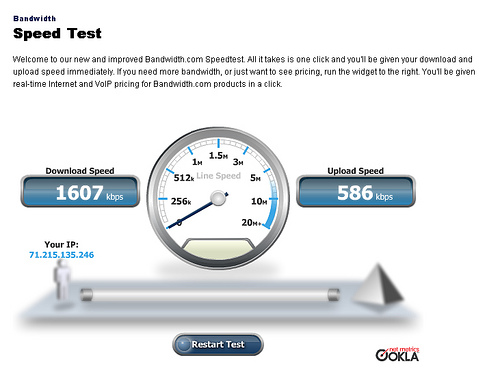Why the Internet is not like water or electricity

I came across this interesting article, arguing why the Internet is not like water or electricity. Basically, the argument is that there is no direct, measurable cost involved with Internet traffic, as there is with electricity or water. Also, the amount of Internet traffic received is not directly controllable - consider the email with a 100 Mb video attached.
I agree in broad lines with this article. If I’m downloading a 1 Gb file, it doesn’t cost my ISP more money than when I download a 1 Mb file. What would cost them (and me) more, is if it want that 1 Gb file faster than what I’m receiving now. So the differentiator between an occasional user and a power user is the bandwidth he uses. And most services, if not all, handle lower bandwidths pretty good: even Netflix is still watchable on a busy network, because it scales back the bandwidth it uses, in favor of a faster response (i.e. same amount of frames per second).
So, added bandwidth requires more/higher grade equipment at the ISP’s end. If I order double bandwidth from my ISP, I assume I’m using twice the amount of room on the uplink, and twice the amount of room on their internal network infrastructure. However, if this is true, why oh why is it still the case that ISPs advertise with “download speeds UP TO 3 Mbps” or comparable. Where is the ISP that advertises with “download speeds of AT LEAST 500 kbps”, based on the amount of equipment and uplink they have. Do they not have enough equipment to adequately support their user base?
And don’t use the argument that the speeds advertised are not sustained speeds. More and more people are using VoIP and streaming video, which are sustained applications. So you’d better make sure you have the sustained bandwidth available.
So here’s a call for the ISPs: what is the minimum speed you’ll guarantee your users? It could be a great advertising opportunity!